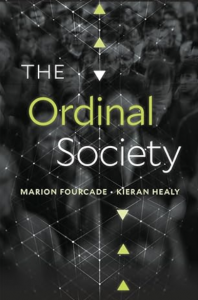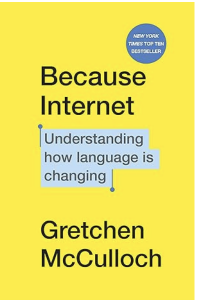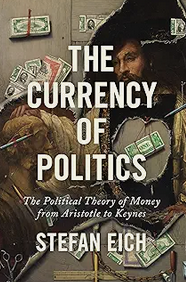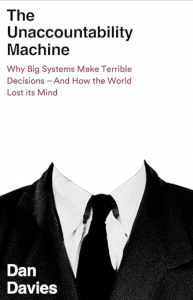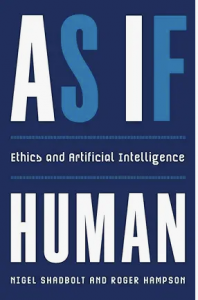I had been looking forward to reading The Ordinal Society by Marion Fourcade and Kieran Healy, and it hasn’t disappointed. My copy is covered in sticky notes marking interesting points.
What do they mean by the term? It is the world created by Silicon Valley built on the digital traces we all create using its services and that “stratifies individuals through a myriad of differentiated methods of matching, scoring and classification. Those methods have both a practical application and a moral valence. The ordinal society is both a means of social organization and a mode of first person experience.” The book brings the lens of sociological theory – Mauss, Deleuze, and Bourdieu feature most prominently – to the now-familiar effects of digitalization.
This makes it orders of magnitude more persuasive than the dreadful but influential Age of Surveillance Capitalism of Shoshana Zuboff. The Ordinal Society traces the evolution of digital capitalism from the initial stages of a gift exchange structure – it was all free and so wonderful nobody much minded the gradual development of data extraction business models – through the subsequent collection and use of data, development of classifications and then the increasingly extractive and financialized business models of digital platforms. The classification of individuals and association of these categories with profits created rankings of people which almost unavoidably turned into apprasial of relative moral worth. “The data imperative was a cultural and political accomplishment, beyond the economic search for efficiency.” The data brokerage business is one of the most dynamic but also least well-understood of modern industries – including on the dark web. And while “social life is messy”, the digital world needs orderly (binary) constructs. These lead to decisions that are hard to challenge – one’s digital identity might have been denied right of entry to another country before the flight has taken off. The book coins the term ‘eigencapital’ (in a broad analogy to cultural capital) to capture the concept of the data asset that is one’s individual identity (based on the eigenvectors of information constructed from a dataset).
What use is your eigencapital? One example the book gives is that it is embodied in the amount of time people need to wait to access services. Higher eigencapital people might get access to a better-staffed phone number and call centre, or get a place higher up the queue for a chatbot to respond: “Sociologists have long studied queues and lines as structures that allow for both control of status.” (I’d never thought of this but it makes sense of my mill-worker parents’ obsession with never being late for anything ever.) Queuing data amplifies this social dynamic.
Anybody sentient in the UK in recent weeks will have become aware of the Post Office Horizon scandal: the very existence of digital data makes people believe in its truth (and there is a dreadful – albeit rebuttable – presumption in UK law that computers are right and people are wrong). The use of machine learning systems and now generative AI is massively amplifying all the ways this can lead to unfreedom and injustice. “At their best these approaches really do perform astonishingly well. But their scale and complexity invites a kind of deference to the oracle, both in terms of its care and feeding on the one hand, and its pronouncements, on the other.”
The sections on digital identity and money reminded me of Dave Birch’s wonderful book Identity is the New Money. Dave had tremendous foresight; the issues he raised then are currently key issues in the debate about Digital Public Infrastructure. The Ordinal Society has examples like the collection of sensor data from cars turning auto manufacturers into financial services companies, and the infamous John Deere case. ‘Servitization’ is becoming more widespread across the economy although to what extent is unclear. The book also has a section on crypto and DAOs, an area I’ve never really got to grips with.
It ends pessimistically: “Public goods and collective goals are being dissolved in the acid bath of individualization and competition, leaving us increasingly alone in a hyperconnected world whose social ordering is precisely metered and, in its factitious way, inarguably ‘right’. Life in the ordinal society may well be unbearable.” Funnily enough, I ended up less pessimistic, if only because this would be so unbearable the revolution would happen first. Still, we have a lot of work to do to force the toxin of data and engagement-driven business models into retreat.

